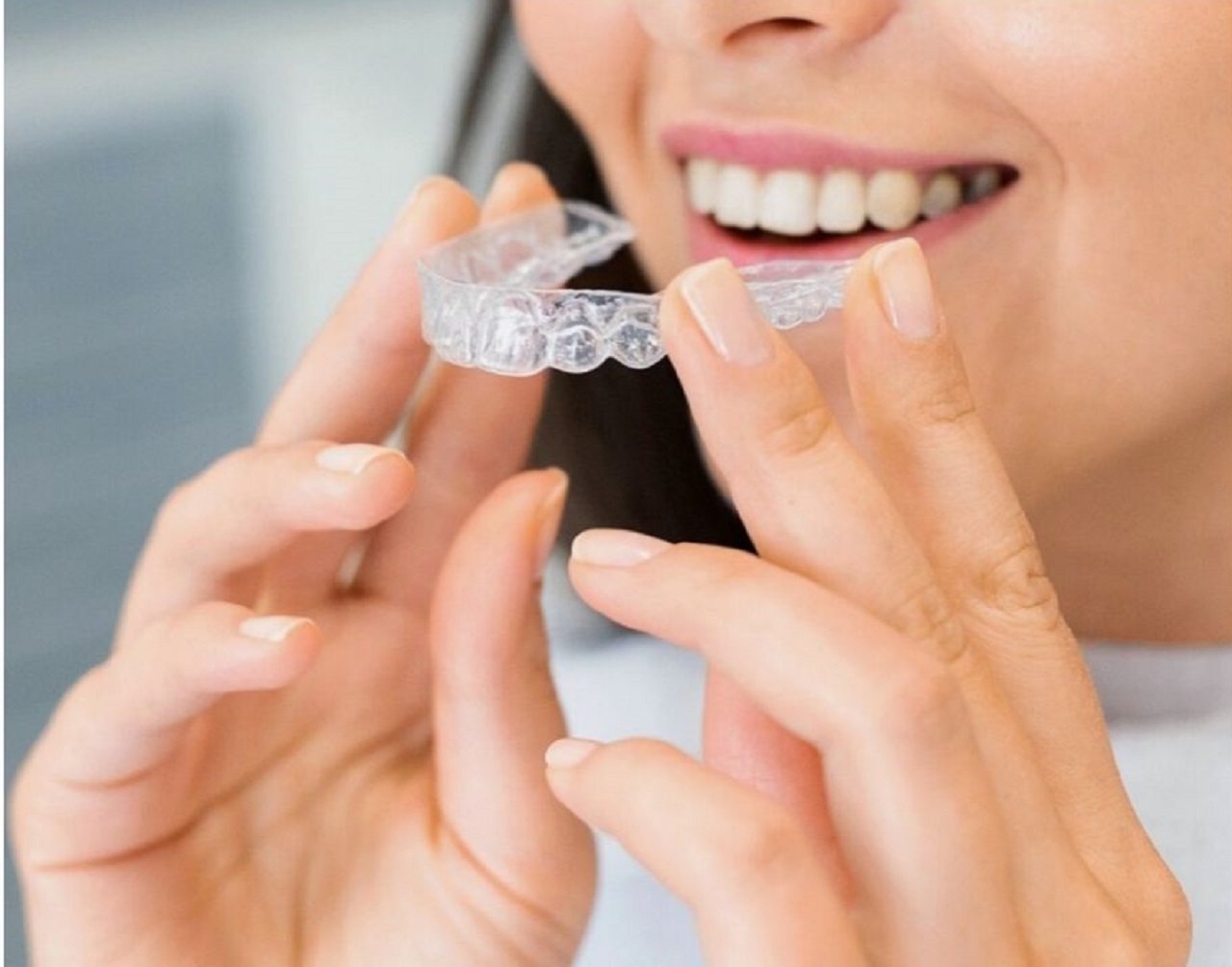Dental crowns do not last forever; their lifespan varies depending on various factors. A dental crown can typically last between 5 to 15 years with proper care and maintenance.
Dental crowns serve as a popular solution to restore damaged or decayed teeth, providing strength and durability. However, it is important to understand that these dental restorations do not have an indefinite lifespan. This article will explore the factors that determine the longevity of dental crowns, shed light on their average lifespan, and provide insights into how to extend the life of dental crowns.
So, if you are considering getting dental crowns or already have them, it is crucial to be aware of their lifespan and take appropriate measures to maximize their longevity. Let's delve into the details.

Factors That Affect The Longevity Of Dental Crowns
Factors that affect the longevity of dental crowns include dental hygiene, bite force and grinding habits, and the type of crown material used. Dental hygiene, such as regular brushing and flossing, can help maintain the integrity of the crown. Avoiding excessive biting force and grinding can prevent damage to the crown.
Additionally, the choice of crown material can impact its durability. While dental crowns can last for a long time, they are not meant to last forever. It is important to have regular dental check-ups to monitor the condition of the crown and address any potential issues.
By taking proper care of dental crowns and addressing any concerns promptly, their lifespan can be maximized.
The Average Lifespan Of Dental Crowns
Dental crowns, despite their durability, do not last forever. Extensive research has been conducted on the longevity of dental crowns, revealing that they typically have an average lifespan. These findings debunk the misconception that dental crowns are everlasting. The lifespan of dental crowns varies depending on multiple factors, including the material used, the individual's oral hygiene routine, and habits such as teeth grinding.
On average, dental crowns can last anywhere from 5 to 15 years. However, with proper care and regular dental check-ups, they can potentially last even longer. It is important to note that dental crowns may require maintenance or replacement over time due to wear and tear, natural tooth decay, or changes in the surrounding teeth.
Regular dental care and discussions with your dentist are crucial to ensure the longevity of dental crowns and maintain oral health.
Signs That Your Dental Crown Needs Replacement
Dental crowns do not last forever, and there are signs that indicate when they need replacement. Common signs of dental crown deterioration include tooth sensitivity, visible cracks or chips, gum swelling or inflammation, and changes in the color of the crown.
If you experience any of these symptoms, it is important to consult your dentist for a crown assessment. Your dentist will examine the crown and determine if it needs to be replaced. Regular check-ups and proper oral hygiene can help prolong the lifespan of a dental crown, but it is essential to address any issues promptly to avoid further complications.
Remember to schedule regular dental appointments and maintain good oral hygiene practices to ensure the longevity of your dental crown.
Extending The Lifespan Of Dental Crowns
Dental crowns are a great investment for restoring damaged teeth. However, contrary to popular belief, they do not last forever. To extend the lifespan of dental crowns, proper oral hygiene practices are vital. Regular brushing, flossing, and rinsing with mouthwash help maintain their integrity.
Additionally, if you have bruxism (teeth grinding), using a bite guard can protect your crowns from excessive wear and tear. Moreover, regular dental check-ups and maintenance appointments are crucial for detecting any issues early on and ensuring the longevity of your dental crowns.
By following these guidelines, you can maximize the lifespan of your dental crowns and preserve your beautiful smile.
Choosing The Right Crown Material
Dental crowns may not last forever, but choosing the right crown material can extend their lifespan. There are different types of crown materials available, each with its own pros and cons. For example, porcelain crowns are highly aesthetic but can be prone to chipping.
On the other hand, metal crowns are durable but may not be as visually appealing. Another option is ceramic crowns, which offer a balance between aesthetics and strength. Zirconia crowns are also popular due to their strength and natural appearance.
Ultimately, the choice of crown material depends on factors such as budget, personal preference, and the location of the tooth. Taking into account the longevity and esthetics of the crown material is essential for a successful dental restoration. So, consult with your dentist to determine which crown material is best suited for your individual needs.
The Importance Of Dental Crown Maintenance
Dental crowns are not designed to last forever, which is why proper maintenance is crucial. Regular dental visits play a vital role in maintaining the longevity of dental crowns. These visits allow the dentist to assess the condition of the crown and identify any potential issues.
Additionally, home care plays a significant role in preserving dental crowns. It's important to follow good dental hygiene practices, such as brushing and flossing regularly, to prevent plaque buildup and protect the crown from damage. Avoiding hard foods and biting on non-food items can also help extend the lifespan of dental crowns.
By following these guidelines, you can ensure that your dental crowns stay in good condition and provide long-lasting functionality.
Dental Crown Replacement: What To Expect
Dental crowns do not last forever, and at some point, they may need replacement. The process of dental crown replacement involves several steps. Firstly, the old crown is carefully removed from the tooth. After that, any decay or damage is addressed.
Next, an impression of the tooth is taken to create a new crown. In the meantime, a temporary crown may be placed to protect the tooth. Once the new crown is ready, it is fitted onto the tooth using dental adhesives.
During the replacement process, there are potential temporary solutions to maintain functionality and aesthetics. These can include temporary crowns, bridges, or partial dentures. It is important to follow your dentist's instructions and take proper care of the new crown to ensure its longevity.
Regular dental check-ups will help monitor the condition of the crown and address any issues promptly.
Understanding The Cost Of Dental Crown Replacement
Dental crowns are not meant to last forever. The cost of replacing a dental crown depends on various factors such as insurance coverage and financial considerations. Insurance coverage plays a vital role in determining the out-of-pocket expenses for a crown replacement.
Financial considerations include the overall cost of the procedure and any additional treatments required. It is essential to check with your insurance provider to understand what they cover and what you may need to pay. Factors such as the type of crown, the material used, and the complexity of the procedure can also impact the cost.
Discussing your options with your dentist can help you understand the specific factors affecting the cost of dental crown replacement and make an informed decision.
Expert Insights On The Longevity Of Dental Crowns
Dental crowns do not last forever, according to dental professionals interviewed. Common misconceptions about crown longevity include thinking that they are permanent solutions. However, it's important to understand that crowns have a lifespan and can be affected by various factors.
Factors such as oral hygiene, biting forces, and habits like teeth grinding can impact the longevity of dental crowns. Although dental crowns are designed to be durable and long-lasting, they may need to be replaced after a certain period of time.
Regular dental check-ups and proper maintenance can help prolong the life of dental crowns. It is essential to follow the advice of your dentist and practice good oral hygiene to ensure the maximum lifespan of dental crowns.
Frequently Asked Questions Of Do Dental Crowns Last Forever
Do Dental Crowns Last Forever?
No, dental crowns do not last forever. However, with proper care, they can last for many years.
How Long Do Dental Crowns Typically Last?
On average, dental crowns can last anywhere from 5 to 15 years. The lifespan depends on various factors like oral hygiene and habits.
Can Dental Crowns Be Replaced If They Wear Out?
Yes, dental crowns can be replaced if they wear out or become damaged. Your dentist can remove and replace them as needed.
What Factors Can Cause Dental Crowns To Fail?
Dental crowns can fail due to factors such as decay, gum disease, tooth grinding, and improper oral care.
Is It Possible For A Dental Crown To Come Off?
Although rare, it is possible for a dental crown to come off. In such cases, it is important to see your dentist as soon as possible to have it reattached.
Conclusion
Dental crowns provide a durable and long-lasting solution for many dental issues. While they are designed to be strong and resistant to wear, it is important to understand that dental crowns do not last forever. With proper care and maintenance, dental crowns can provide functionality and aesthetics for many years.
However, factors such as oral hygiene practices, diet, and normal wear and tear can affect their lifespan. Regular dental check-ups and cleanings are crucial to monitor the condition of dental crowns and address any potential issues early on. It is also important to follow good oral hygiene practices, including brushing and flossing regularly, to ensure the longevity of dental crowns.
By taking these measures, individuals can enjoy the benefits of dental crowns for an extended period, enhancing their oral health and overall well-being.

